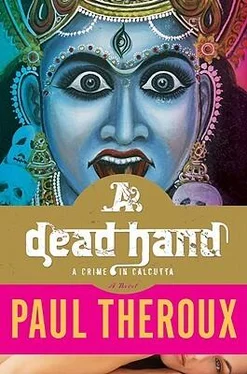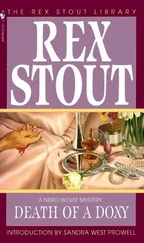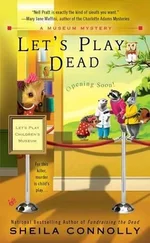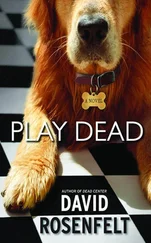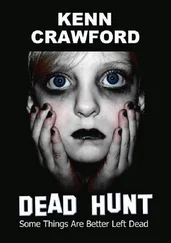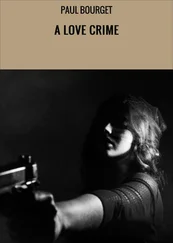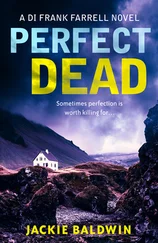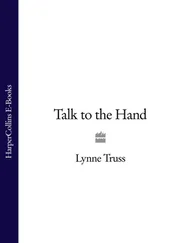Howard's geniality masked his calculating mind. On the pretext of a chance meeting, the reactive chemistry of bringing people together, he would find out more about me and Theroux and Mrs. Unger. It was the triangulation of the diplomatic world, holding a party ("Have another drink!") to see what information could be shaken loose.
I didn't want to cooperate or let myself be suckered into this. Mrs. Unger was my secret, my mission, my single reason for staying in Calcutta. I was in possession of the dead hand that might pluck open the door to the truth. Yet Howard had been helpful to me, and kind; I needed favors from him in this dense and difficult city. So I had to agree, but I warned myself in advance to be cautious, to give nothing away. More than saving myself, I wanted to protect Mrs. Unger from this notoriously prying man.
What I knew about Theroux was what everyone knew about him. He was known for being intrusive, especially among the unsuspecting — strangers he met on trains, travelers who had no idea who he was, people thinking out loud in unguarded moments. I suspected that much of what he wrote was fiction, since he'd started his writing life as a novelist. And I knew the temptation to improve quotations or to dramatize chance encounters and far-off landscapes, to make people and places more exotic. But he was too explicit to be convincing. Life was seldom so neat, and never neat in a city like this. I indulged in a little fictionalizing myself, but I always felt this coloration was in a good cause. Like most writers, he was ruthless in using whomever he met.
I resented his book sales and his bonhomie and his breezy manner. From his work you could see he was the sort of writer who smiled and encouraged you to chatter and afterward wrote a pitiless account of the conversation, playing up his knowingness. He was not cruel, but he was unsparing. He noticed everything — the scuffed shoes, the pot belly, the clichés — traveling the world, generalizing and jumping to conclusions. "In the Pacific the chief is usually the man whose T-shirt is not quite as dirty as everyone else's" — that sort of thing.
I prized my anonymity — Theroux did as well, though he had a reputation for using it to blindside the unsuspecting. As a traveler I did not want any witnesses to my experiences. It was my privilege as a writer to write about myself without someone looking over my shoulder. In short, and for the love of God, I did not want this man to know me.
What every traveler craves, what every writer needs, is the illusion that he or she is a solitary discoverer, whether of actual or imagined territory. This is obviously a conceit, but it is necessary to preserving the mood that allows a writer to make a place his own. Theroux was proprietorial about the places he described. If he was in Calcutta, he'd want to own it. But I had put in too much time and effort here to hand it over to him or share it. I wanted to own Calcutta. I wanted Mrs. Unger to be mine. I didn't want to give information. I didn't want to be witnessed.
If I refused to meet him he'd be suspicious, and Howard would be annoyed with me. If I agreed to meet him, I risked giving myself away and putting my relationship with Mrs. Unger in jeopardy. But it seemed I had no choice.
Suppressing my fury, I said, "Maybe we could meet for a drink. I'm pretty busy."
I didn't want a drink, I wasn't busy, I badly missed Mrs. Unger, and here I was condemned to meet someone who was apparently competing with me — to talk about her while all I wanted was to see her.
"Great. He's staying at the Fairlawn."
Typical of someone looking for "color" instead of the truth (as I was). The Fairlawn occupied a decaying mansion. It was a Calcutta institution in every sense, run by the domineering Mrs. Smith and her family: stodgy food, mutton chops and boiled cabbage, and bossy waiters. In any other city it would have passed for colorful and fun; in Calcutta it seemed joyless, even menacing, the sort of place Theroux might use as a setting for his Indian fictions, which put me on guard. The Fairlawn was within walking distance of the Hastings, near Madge Lane. I'd passed it going to the Indian Museum. I avoided staying in such places, and instead got a comp room at a luxury hotel that was willing to trade a room night for a mention in one of my travel pieces. But I had not written anything, so I'd run out of welcomes.
Wanting to get this over with, I said I'd have to meet them the next day. Howard agreed so quickly that I suspected that Theroux's wish to see me was not casual at all. He was determined to corner me. He wanted something from me. And so I was again forewarned.
"Say five, drink time," Howard said. "He's a good guy. You'll like him."
This sounded like an order. It also made me suspicious. And I hated hearing Howard praise him.
The next afternoon, entering the courtyard garden of the Fairlawn, seeing them under the striped umbrellas, I decided to surprise them. There are two methods of meeting nosy, hyperalert strangers like this. One is walking up to them from the front door, smiling as you advance. The other is approaching from behind, the wrong door. The disadvantage of encountering them head-on is that they have time to study you, to size you up, to think of questions, to assess your movements — a person's gait and posture can be so easy to read, and such a giveaway. He'd be able to scrutinize what I was wearing, my shirt, my shoes. Footwear often figured in his descriptions. Coming from behind, I'd surprise him and prevent him from making any calculations.
That was what I did, slipped in through the side door, detoured around the trees, sidled past the other tables where people were drinking, and passed behind the two men. I was deliberately early on this hot afternoon, to catch them off-guard.
"Hi, Howard," I said, bursting into view, stepping in front of them and taking a seat. I could see that I'd startled them. They were drinking Kingfishers and facing the main door, expecting me to emerge and make a long revealing walk to their table.
"This is Paul Theroux," Howard said, seeming rattled by my sudden appearance. He signaled to a waiter and tapped his bottle of Kingfisher, meaning one was needed for me.
"Jerry, great to meet you at last." The at last had to be insincere, as though he'd been wanting to meet me for years. I knew this could not be so. "What brings Jerry Delfont to Calcutta?"
The use of someone's full name to a person's face in a question like this has always annoyed me for being stagy, an interviewer's mannerism — more insincerity. And the more depressed I became about my failure as a writer, the more I hated my name, so this was not simply annoying but hurtful.
"This and that. Just passing through. How about you?"
"Same here. Passing through. I'm one of those people Kipling described who spend a few weeks in India, walk around this great Sphinx of the Plains, and write books about it, denouncing it or praising it as their ignorance prompts. In other words, no big plans. You?"
"No plans at all," I said. "Waiting for the monsoon is about all."
"I know what you mean. I'll be glad when it starts. This heat is awful."
"It's hard to work in it," Howard said.
Theroux said, "I'm not doing any work. Jerry?"
"I wish. Too hot."
Forgive this banal dialogue, which by the way continued a little longer. The reason I write down the empty phrases is that I want to show how oblique Theroux was with me, oblique while seeming genial and forthcoming. He was condescending and evasive; he gave me no information; nor did I give him any.
All this time — I suppose it was a technique he'd learned as a traveling writer — he was observing me closely. His words meant nothing, but while he talked to hold my attention he was able to study me, the very thing I'd hoped to avoid. He glanced at my shoes, my linen trousers, my loose linen shirt, and he was trying to guess my age, to judge my evasions, as if looking for a weakness. His relaxed posture was meant to reassure me, but his twitching eyes were those of a predator.
Читать дальше
